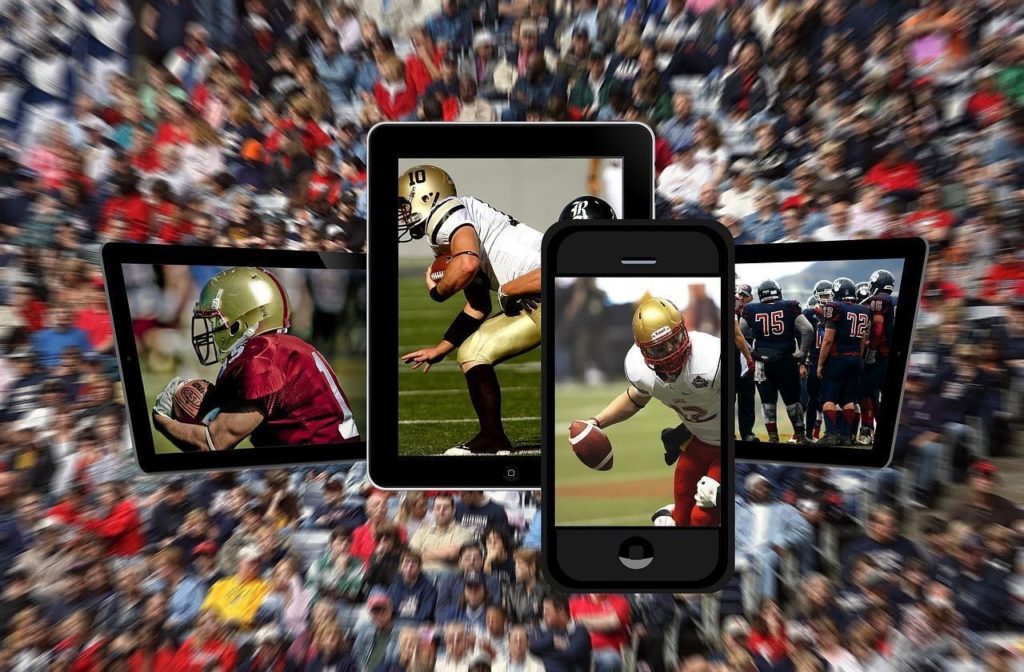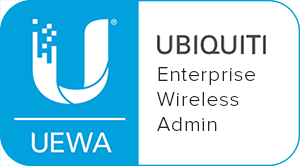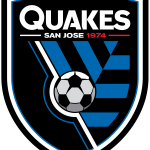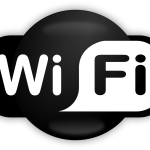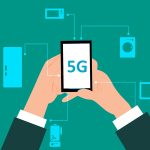Decades ago in 1992, 2G (second generation) wireless technology was released. Since then, wireless technology has developed in leaps and bounds. After many years of development and much anticipation, 5G technology was released to the world in April 2019, amidst many claims of its revolutionary potential.
As 5G continues to roll out throughout the world, delivering super speeds, groundbreaking cellular capacity and the lowest latency yet, it continues to enable the creation of entirely new applications while transforming existing industries. One of these industries is the world of sports. The introduction of 5G has seen changes in sports that will only continue to evolve and improve.
How 5G Will Influence Sports Broadcasting
The changes in broadcasting is probably the clearest way we can see the impact of 5G on sports. Cameras run using 5G eliminate the need for cables, enabling the cameras to cover a wider area of the fields during matches. The remote production capabilities of 5G means that there is no longer the need for broadcast trucks on the grounds of stadiums, and cameras can broadcast back to a central hub. This in turn saves broadcasters time and money and enables their production teams to cover multiple games happening simultaneously.
Better Streaming
What a difference it makes, when watching your favorite team step onto the field, and feeling like you are right there in the stadium. This is arguably one of the most popular changes in sports that 5G has influenced, because it can greatly improve the fan experience of watching from the comfort of their own homes. With 5G, streams are higher quality, and more reliable, with no buffering and a crystalline picture, even when being streamed across multiple devices at the same time.
Virtual Reality and Smart Glasses
In a more distant future (that might not actually be that far off), player wearables could feed back to spectators wearing smart glasses, so that the spectator could get a POV unique to that player, almost as if they were playing the game themselves! This technology, powered by 5G, could also help coaches be better informed of player performance and tactics, so that they can be instructed on how to react better to a similar situation in the future.
Better In-Stadium Connectivity
One of the biggest complaints amongst spectators at major sporting events is being unable to connect to WiFi or use their cellular networks. Most existing mobile and Wi-Fi networks currently lack the capacity to provide uninterrupted connections in such densely populated environments, which is where 5G comes in. The new technology will enable fans to connect seamlessly and share the game live on their social media feeds and use the internet freely, regardless of how full the stadium is and how many simultaneous connections there are.
The Ability To Coach Remotely
Because of its ultra-low latency, 5G can enable the use of virtual reality technology – where the movements of players and coaches are tracked remotely through the use of wearables. Using this technology, coaches can train players in such a way that it is if they are together in person. This bridges the gap between promising young players and the coaching they need to reach their full potential, eliminating the need for long distance travel and saving both time and money.
Analyzing Player Performance For More Informed Strategies
Sports teams and performance athletes are using more and more data analytics to analyze player and team performance, using this data to influence training, strategy, recovery and injury prevention. With 5G, the amount and variety of data that can be collected is drastically increased, as well as there being new types of data available for analysis. For example, collecting data from wearables and using visual recognition algorithms to detect patterns and issue recommendations to coaches in real time.
Better Real-time Refereeing
When anything comes into question during a match, officials often use video playback to review what happened in order to make as precise a decision as possible. The super speeds and low latency of 5G means that this video playback is clearer and quicker than ever before, limiting the time spent waiting for feeds. In addition to this, with advances in technology, many sports now include ball tracking and sensor technology in order to minimize the room for error. With 5G technology, the room for error could be eradicated completely, by the use of complex technology that would run seamlessly on 5G. An example of this is the use of a smart ball containing sensors, and player wearables that can detect who last touched the ball.
Real-time Sports Betting
5G will also bring about drastic changes in sports betting, likely boosting revenues and the number of bets in the betting industry. When betting on sports, time is money, and you can’t afford to lose out because of even the slightest delay. With 5G, connectivity delays will no longer be an issue, and real-time betting will be possible both inside the stadium, or anywhere they choose.
5G Set To Change The Future Of Sports
According to a Vodafone study, 76% of decision makers in the sports industry plan to use 5G to drive innovation and improve the sporting experience. It can be hard to predict exactly how 5G will influence the future of sports, but with what we’ve seen so far, it’s clear that it’s going to be quite a futuristic one. If the whispers of virtual reality, smart glasses, and bionic implants are anything to go by, it’s certainly going to be exciting.
About Fastmetrics, Inc. Building & Business ISP
Since 2002, Fastmetrics is the Bay Area’s only dedicated business ISP. We provide telecommunication services in California and the San Francisco Bay Area. Reliable service – backed by better live and local support. From install to 24-7 proactive monitoring, get treated like a VIP customer. Not a number by a faceless call center. We specialize in managed business internet and phones, dedicated high speed business fiber internet, business WiFi, SIP voice solutions / UCaaS and managed network services. We are a Microsoft and Cisco Meraki Partner. Our team are Certified Cisco Specialists, Ubiquiti Enterprise Wireless Accredited and Polycom Authorized Solution Advisors. We take care of your business network, so you can focus on growth.


